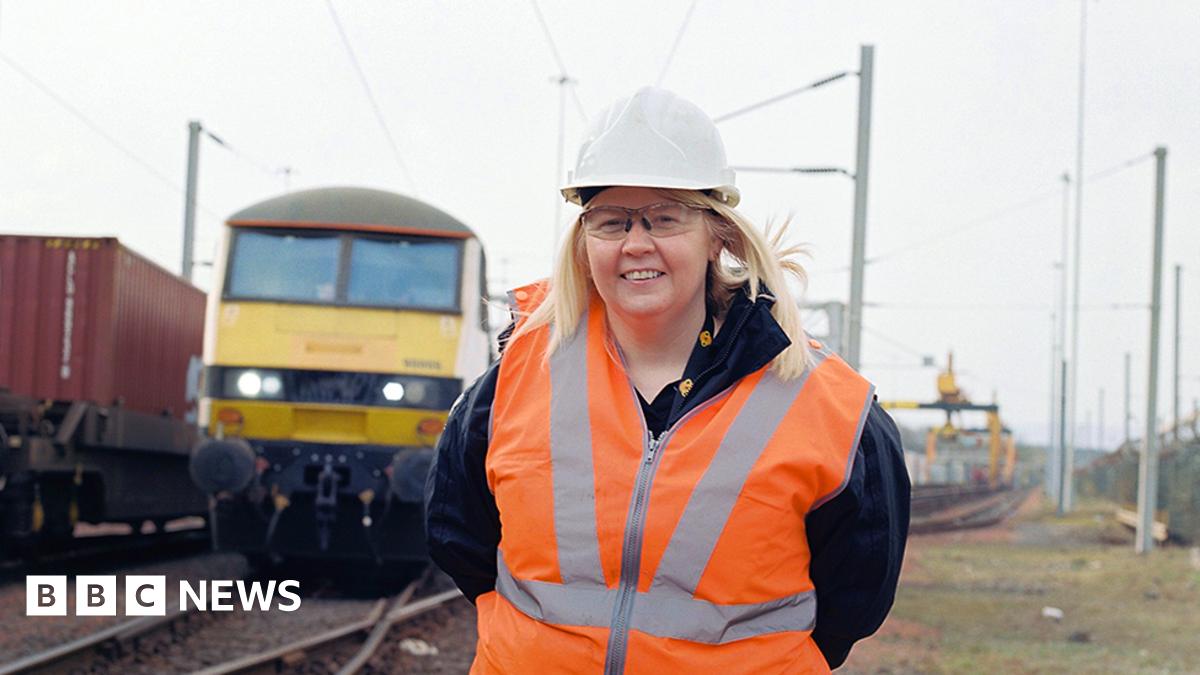Presumably that particular issue that you mention could have been solved by reporting all such incidents to person appropriate for dealing with your welfare, regardless of whether you sound like your talking about the weather or a tragedy that's unfolded before you. Just because people sound calm, doesn't mean they are. I mean, even if you ask someone how they are, the first answer you get is normally "Fine", whether that's the case or not.I consider myself very lucky to have had a very good instructor driver and we talked through a lot of "what if?" scenarios while I was doing my hours, including train fire and fatality. This meant that I'd already formulated a number of plans in my own mind about what I would/wouldn't do in certain situations, including not getting out to the cab to go back and look if I ever ran someone over. I don't know if this was something he was told he should do or whether it was something he just did off his own initiative, but I'm very grateful to him for this.
I'm not so sure about the calm and measured approach to communication, though. Clearly I do agree that you have to make sure that you give the correct information in a clear manner in order that the cavalry can be dispatched, but you're likely to be in shock and therefore I see no harm in being a bit shambolic. Let me explain.
I had a near miss at a crossing with a berk with earphones on his head. Only by ducking back through the gate at the last instant did he manage to save his own life, because I was not going to be able to stop and no amount of blasting the horn was going to get past whatever sh*te he was blaring into his skull. Mindful of how bad my previous emergency call had been I made sure to take a deep breath and do this one right, and so I calmly and clearly called it in. I can only assume that doing this had given the impression to the signaller that I was OK because it never got passed on to the TOC control because I never got a welfare check. In fact, when I did see a manager on a platform about an hour or so later who asked how I was, when I told him about the near miss it was clear from his face that he hadn't got a clue what I was talking about.
Do you know if statistics on near misses of that type are collated? I would have thought that would be another advantage of always passing these things on…


 .
.